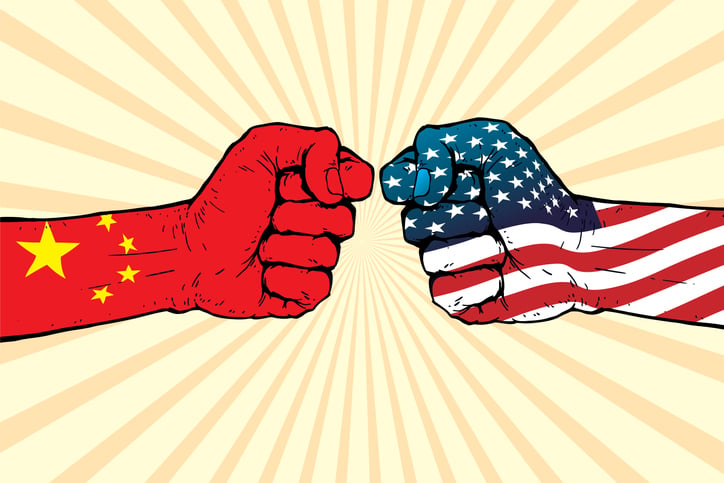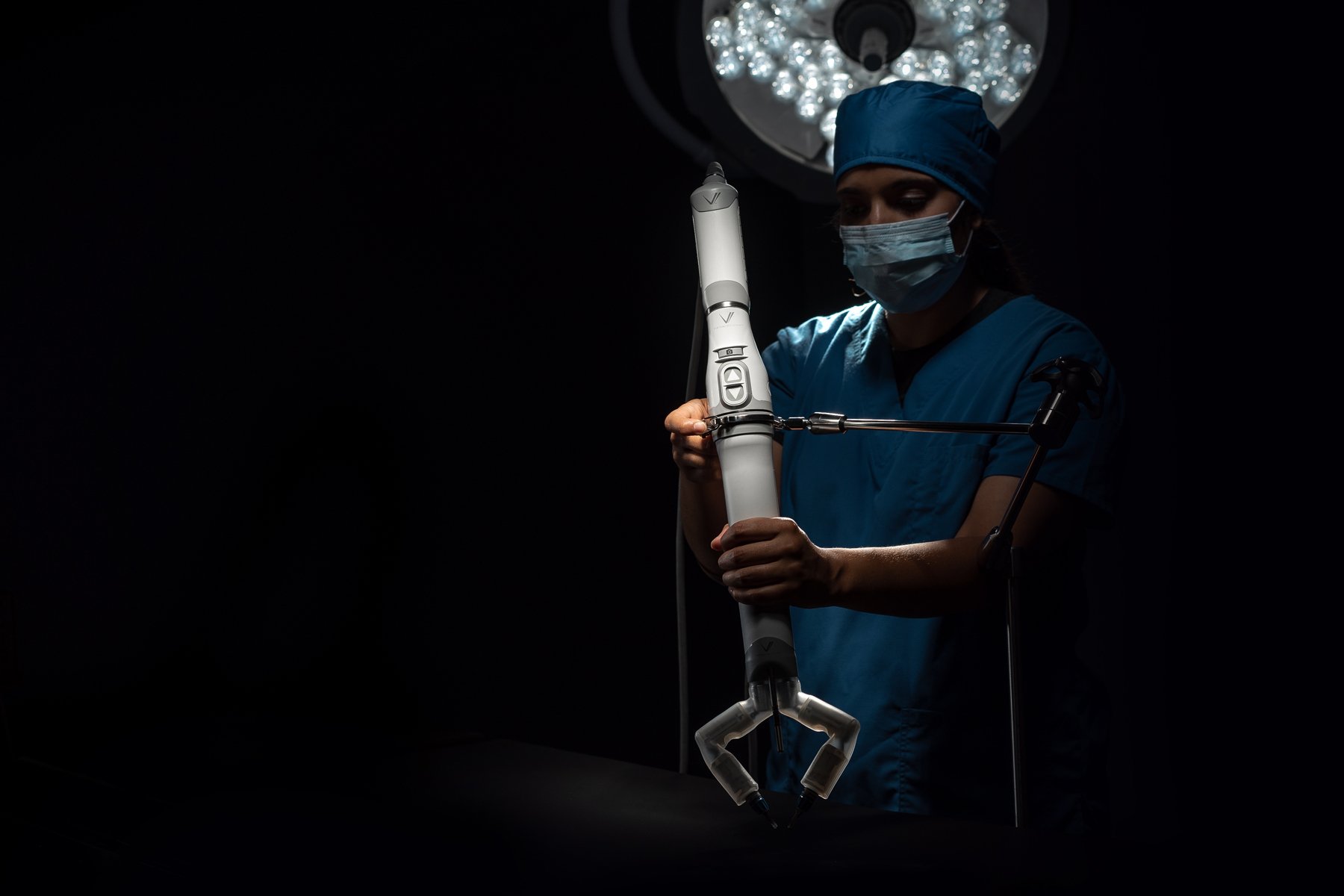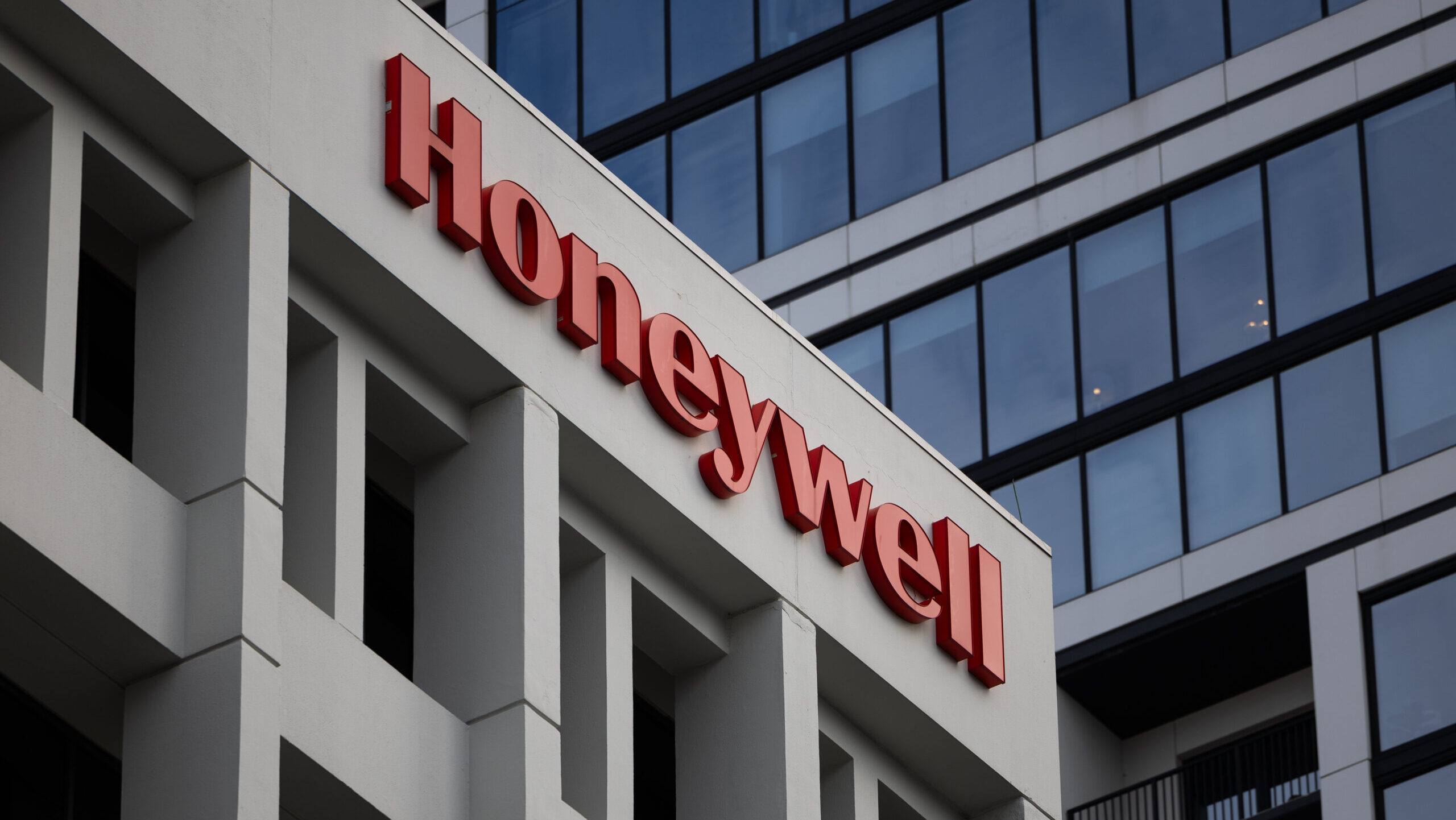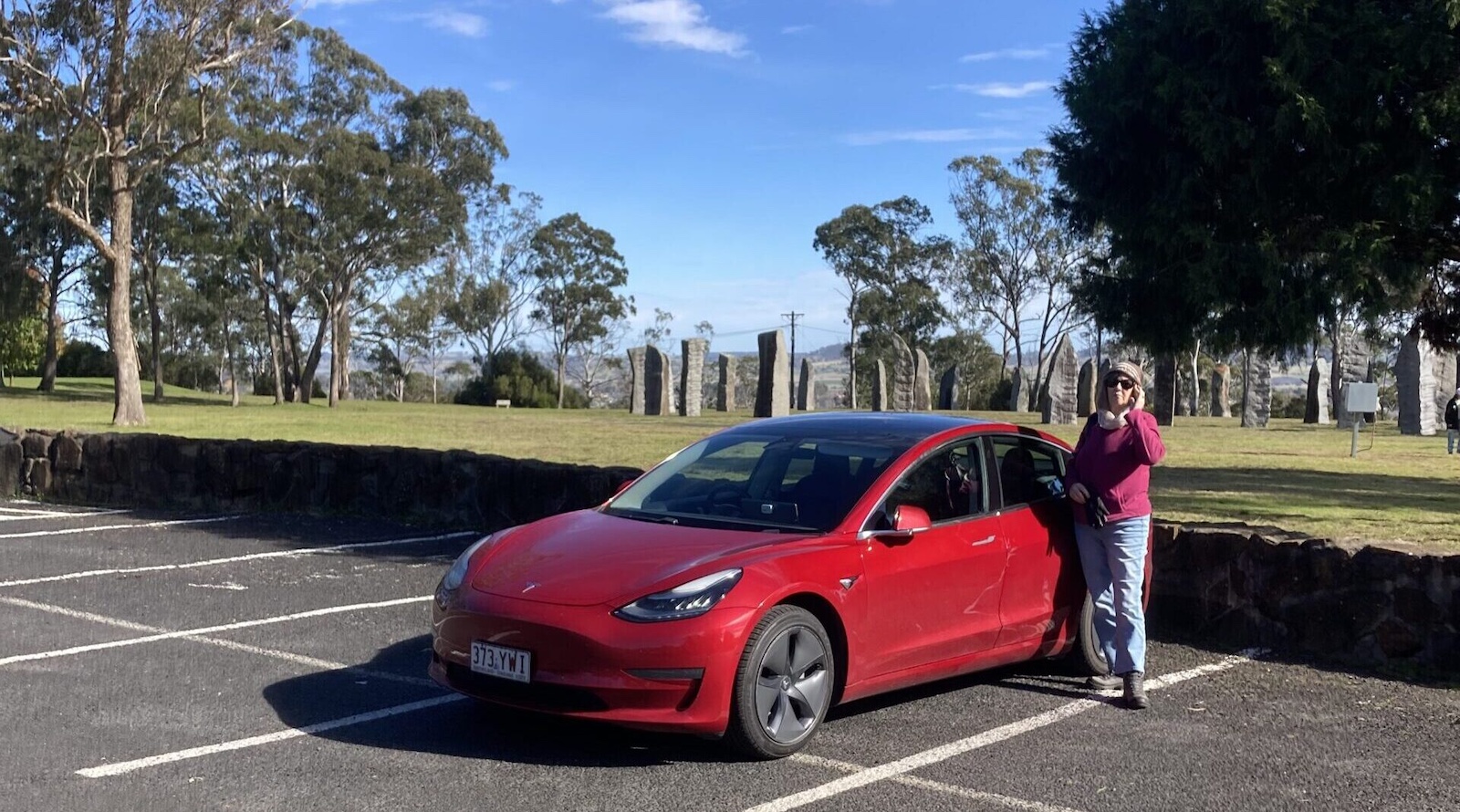Legal Geek In-House Panel: What In-House Counsel Really Want Is AI, Efficiency, And An Ability To Trust
Outside lawyers need to do some hard thinking about what their clients want and expect, particularly if they want to stay competitive. The post Legal Geek In-House Panel: What In-House Counsel Really Want Is AI, Efficiency, And An Ability To Trust appeared first on Above the Law.

One of the more interesting sessions at the Legal Geek conference this week in Chicago was a panel discussion featuring in-house lawyers from Motorola (Zhaoying Du) and CSC Generation (Elizabeth Brown). We often hear that there is a mismatch between what in-house clients want and what they do and what outside lawyers are doing (as opposed to saying). Du and Brown offered an honest and insightful look not only on how AI is changing and will change the relationship between in-house and outside lawyers. They also talked about the struggles in-house counsel are having in the brave new world of AI.
The In-House Perspective
Du and Brown both agreed that they want to do as much work in-house as possible and believe AI will provide the opportunity to do more and more. Today, their use of outside counsel is limited primarily to litigation and areas where they have limited expertise or were location specific. This might sound like a boon to litigators even in the age of AI, at least for now.
On the flip side, both in-house counsel want their outside counsel to be more proactive in letting in-house lawyers know about trends that could impact their businesses. They both believe outside counsel are in unique positions to see what is happening to similar businesses they represent. In-house counsel, on the other hand, sometimes have a myopic vision of single business impacts. AI provides significant opportunities to those outside firms who use the tools to do just this.
In-House Expectations
Both Du and Brown told the audience that they now expect outside lawyers to better prove their value. But despite this, both say they don’t often hear how their outside firms are using AI to get ahead of the innovation curve or what kind of AI tools they are using. Both seemed committed to asking more of outside counsel in the future and plan to set expectations for AI use by their lawyers. Brown put it this way: we want outside lawyers to “tell us what AI you are using, how you scale it for our benefit and how you are balancing that use with privacy concerns.” And they want to encourage firms to use AI more and be more efficient.
In short, outside lawyers will have to better justify how much they are getting paid.
Fee Structures
Both counsels are open to changing the fee structure away from the billable hour to a fixed or project-based fee. And they seemed open to the possibility that outside lawyers could enhance profits from those structures if they better used AI. They pointed out that these fee structures could be to law firms’ benefit since it would enable them to do the work for less than what they bid. But they both wondered how well some of their firms could move to a different fee structure and how much they could trust the estimates being offered. (Of course, that’s true already since some firms and lawyers are better at budgeting than others.) Both believed that to use a fixed or project-based structure, it would have to be with a firm they worked with before and that they could trust.
Over time they have developed a strong sense of how long something will take and what it costs. Both believe that they can use AI to enhance this sense.
Similarly, both complained bitterly about law firms that bill for the creation of a document as if something similar had never been done before. They see this, they said, over and over. They want and will expect firms to leverage their past efforts and data with AI tools so that they only pay for the time spent tailoring a document to a specific situation and client, not the creation anew. Outside client should have a playbook for document creation and then customize the document.
In-House Struggles and Opportunities
On the other side of the equation, both recognized that in-house counsel also face AI challenges. They feel the in-house adoption rate is lower than it should be and that there continues to be lawyers who resist using AI tools. They eagerly want their departments to use AI to improve functionality and do different tasks. They recognize the need to be cautious but see lots of opportunities to save time. For example, AI chatbots could be used to answer repetitive inquiries from employees and then determine the ROI based on hours saved.
Finally, these in-house counsels see tremendous opportunities for agentic AI for “low risk” activities like responding to routine emails and scheduling. Brown noted that agentic AI could make a useful clone of the in-house lawyer for these tasks.
What It All Means
Of course, this means in-house counsel will have more time on their hands to do more tasks that they may have previously sent to outside lawyers. And AI can provide useful answers in some specialty areas that might have created a few billable moments for outside lawyers.
So, what does all this mean? It means outside lawyers need to do some hard thinking about what their clients want and expect, particularly if they want to stay competitive. They need to think through what is valuable, how to provide it and how to prove it. They need to focus on how to gain the trust of their clients perhaps more so than ever. There are lots of firms out there and AI and its use may determine who wins. And who loses.
Stephen Embry is a lawyer, speaker, blogger and writer. He publishes TechLaw Crossroads, a blog devoted to the examination of the tension between technology, the law, and the practice of law.
The post Legal Geek In-House Panel: What In-House Counsel Really Want Is AI, Efficiency, And An Ability To Trust appeared first on Above the Law.

















































































































































